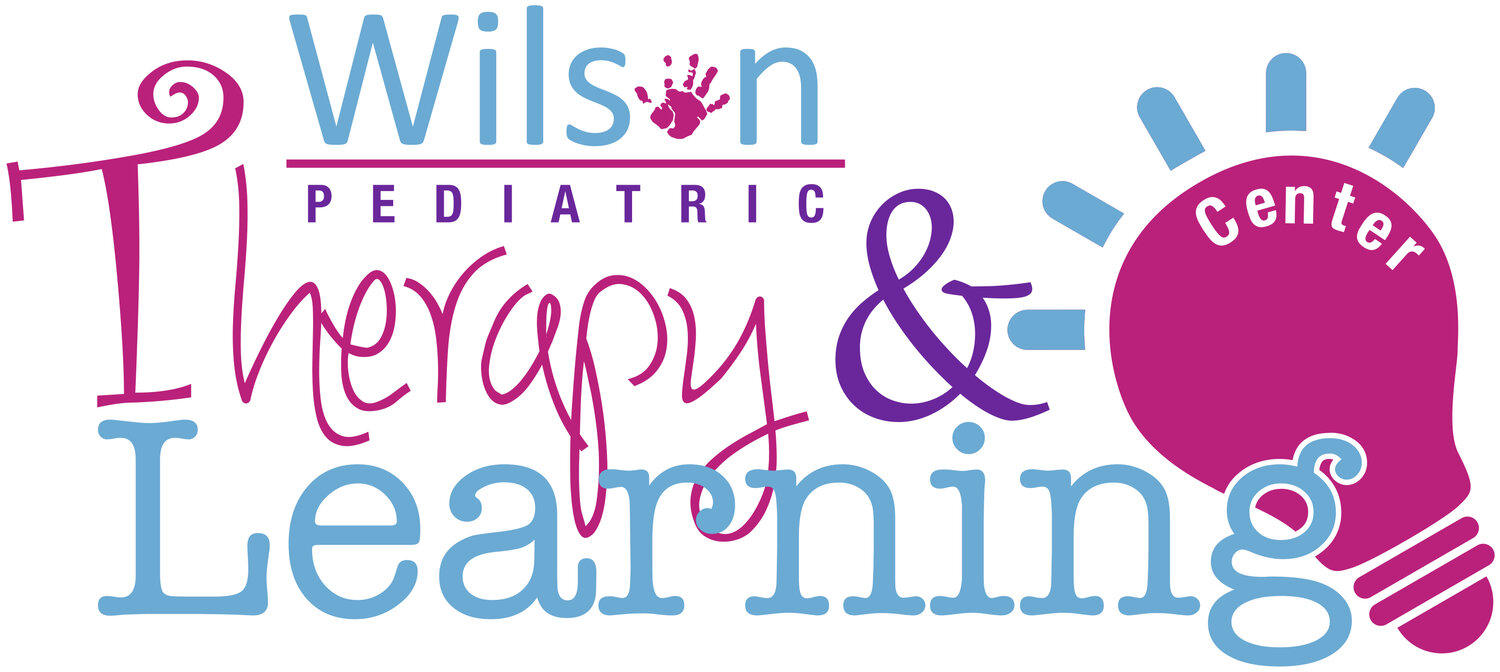Postpartum Depression
Postpartum depression (PPD) is the most common postnatal complication of pregnancy. According to the World Health Organization (WHO, n.d.), somewhere between 10% and 20% of mothers experience postpartum depression in the first year after giving birth. Factors such as an unplanned pregnancy, a traumatic delivery, existing maternal depression and/or anxiety, a baby having a medical diagnosis or special health care need(s), lack of adequate social support, or maternal history of trauma put a mama at higher risk of developing PPD. While some "baby blues" are common after birth, these generally resolve within 2-3 weeks. However, PPD can pop up at any time within the first year or so after your baby's birth.
Symptoms of PPD include (Mayo Clinic, 2018):
Depressed mood or severe mood swings
Excessive crying
Difficulty bonding with your baby
Withdrawing from family and friends
Loss of appetite or eating much more than usual
Inability to sleep (insomnia) or sleeping too much
Overwhelming fatigue or loss of energy
Reduced interest and pleasure in activities you used to enjoy
Intense irritability and anger
Fear that you're not a good mother
Hopelessness
Feelings of worthlessness, shame, guilt, or inadequacy
Diminished ability to think clearly, concentrate or make decisions
Restlessness
Severe anxiety and panic attacks
Thoughts of harming yourself or your baby
Recurrent thoughts of death or suicide
But why are we talking about PPD here, at a practice that provides services to kids? Well, simple. Untreated PPD (and other parental mental health disorders - but that's a discussion for another day) impacts babies, both in the short- and long-term (Priel et al., 2020; Strobino et al., 2016; Surkin et al., 2012). Babies of mothers with PPD are more likely to be fussy, experience difficulties feeding, and be diagnosed with failure to thrive (a condition in which babies and young children don't gain adequate weight, which negatively impacts their growth and development). In the long-term, the children of mothers with untreated PPD are more likely to experience developmental delays, have increased difficulty regulating their own emotions, and more frequent internalizing behaviors. They are also more likely to experience symptoms and be diagnosed with many mental health disorders, including ADHD, depression, and anxiety.
In short, mama, you are important. Your mental health is important. For your baby - and especially for you! - it's imperative that you take care of yourself. Experiencing PPD doesn't make you a bad mama. But it definitely makes it harder to be the kind of mama you want to be. Also, your mental health is incredibly important for your baby and her development. Treatment for PPD (medication and/or counseling) is readily available and effective. If you have PPD symptoms that last more than a couple of weeks or any thoughts of hurting yourself, your baby, or anyone else, please reach out to your OB/GYN, primary care provider, and/or a mental health provider ASAP.
References
Mayo Foundation for Medical Education and Research. (2018, September 1). Postpartum depression. Mayo Clinic. Retrieved February 28, 2022, from https://www.mayoclinic.org/diseases-conditions/postpartum-depression/symptoms-causes/syc-20376617
Priel, A., Zeev-Wolf, M., Djalovski, A., & Feldman, R. (2020). Maternal depression impairs child emotion understanding and executive functions: The role of dysregulated maternal care across the first decade of life. Emotion, 20(6), 1042–1058. https://doi.org/10.1037/emo0000614
Strobino, D. M., Ahmed, S., Mistry, K., Wasserman, E., Hossain, M. B., & Minkovitz, C. (2016). Maternal depressive symptoms and attained size among children in the first 2 years of life. Academic Pediatrics, 16(1), 75–81. https://doi.org/10.1016/j.acap.2015.10.003
Surkan, P. J., Ettinger, A. K., Ahmed, S., Minkovitz, C. S., & Strobino, D. (2012). Impact of maternal depressive symptoms on growth of preschool- and school-aged children. Pediatrics, 130(4). https://doi.org/10.1542/peds.2011-2118
World Health Organization. (n.d.) Why it matters and what countries with limited resources can do. Retrieved February 28, 2022, from https://www.who.int/pmnch/knowledge/publications/summaries/ks31.pdf

